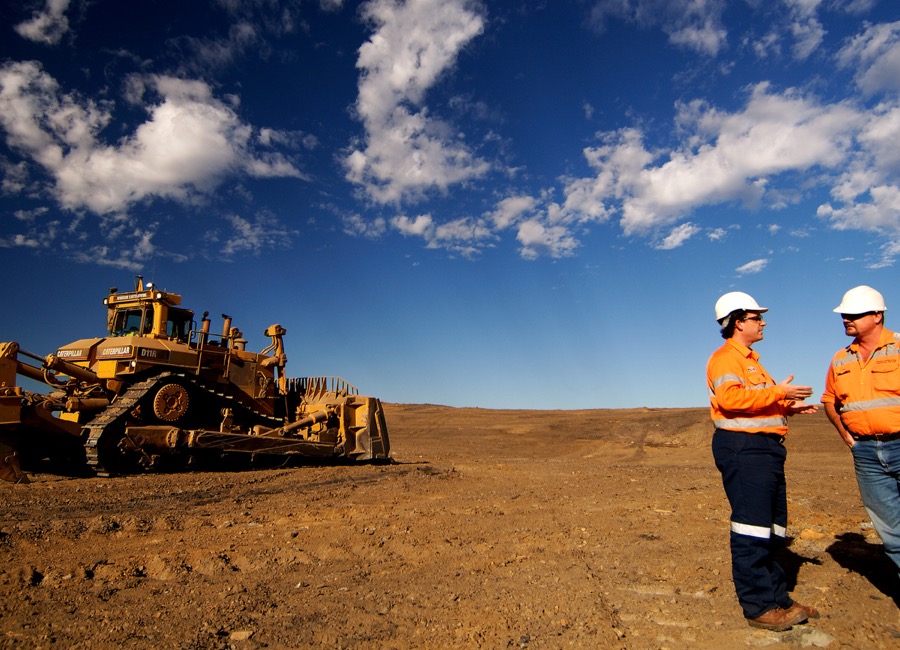Energy
Tuesday, June 28th, 2022 10:05 am EDT
In Part 1, our guest writer covered some of the privacy concerns people would face in a post-Roe environment. This article is provided for informational purposes only, is not legal advice, and CleanTechnica does not encourage readers to violate laws in the state they live in. We recommend consulting with a lawyer if you have any questions about what’s in this article, and we recommend consulting with a lawyer about this topic generally.
Don’t Go Straight There & Home (Use Decoy Destinations)
If you can’t find charging stations that won’t record your whereabouts somewhere, there is an alternative strategy you can use to conceal your destination: using decoys.
The strategy basically works like this: pick some tourist destinations on the other side of your clinic. Things like national parks, theme parks, and historical sites are good options. Make a plan to loop through a few such tourist destinations with the clinic on or near the route, but not as your endpoint. Having a hotel and tourist destination near the clinic would be good, too, because that gives you a reason to be in the area for a few days if needed. Feel free to take some selfies at the site and do other things to play up the fun of the destination to anyone who might pry into your life later.
This gives you cover for 90+% of your trip, and makes data that you headed to the area seem unrelated to going to a clinic. It also lowers the amount of data that could be used against you later without a valid alibi attached.
Plan your trip so that you don’t need to go back to your home state right away. This gives you time to recover and ensures that you can get emergency care in a state where abortion is legal if anything goes wrong afterward. Once again, vacation destinations are a good cover for extended time in an area. If you’re stuck there for an extended emergency, you should contact a lawyer and consider not going back to your home state until the coast is clear.
Disabling Connected Vehicle Features (If Needed)
If you want to disable your EV’s ability to track you at any point in your “vacation”, you’re probably in for some serious work, but it’s not impossible.
The most vulnerable part of a connected vehicle’s systems is their electrical power. If you look at a fuse diagram or the owner’s manual, you can usually figure out what part of the vehicle is powered by what fuse. You’ll need to identify infotainment, ADAS/Autopilot, cellular radios, assistance features, and anything else that records or sends data on the list of fuses. Then, pull the fuses. Your vehicle may or may not run after pulling these fuses, depending on your manufacturer. You’ll definitely want to have a physical key of some kind ready, too.
Charging may become impossible in many EVs if you do this, so be sure to use the decoy destination method above.
The next way to disable your vehicle’s data capabilities will be to physically disconnect the cellular antenna. This might be easy if the cellular radio is located under a seat like older OnStar vehicles, or if the antenna can be twisted and removed. Or, it might be very difficult and buried under other parts. You may have to remove the whole infotainment unit to physically disconnect the antennas, or you might have to remove the “shark’s fin.”
[embedded content]
This next part might sound silly, but a bit of aluminum foil might be your friend here. If you’re afraid to rip the interior of your car apart, you might be able to just wrap some foil over the antenna. You’d need to test the vehicle’s connected services to see if you can still get into it, though. If this works, it’s probably a good idea to conceal the foil so that police won’t see that you’ve wrapped foil on the antenna to hide something. Putting tape over the foil could make it look like your car is just busted.
Even if you turn your phone off, it could probably use a foil wrap, too, for safety and privacy. Phones that are off aren’t always truly off.
Does your car have cameras? Cover them, even if this requires you to lose some vehicle features temporarily. Find painter’s tape that is a good match for the color surrounding the camera housing and cut the tape in a shape that blends in (often a small circle). Keep some spare tape and scissors with you, along with a paintbrush and a small can of paint, in case any comes off. You won’t use the brush or the paint, but it gives you a good reason for having painter’s tape.
Things Are Most Dangerous At The Destination
If you drive across the country, don’t use your own vehicle for the last leg of the trip, even if you’ve taken every measure to prevent data storage and transmission. If you’ve borrowed a friend’s car, don’t use it either. Why? Because even in states where abortion is legal, activists will be camping out at clinics to collect information. In fact, they’re already doing it.
They’re taking down license plate numbers, taking pictures with telephoto lenses, and doing everything else they can to document anyone who comes and goes from clinics. If they see a license plate number from a state that might prosecute, they’ll send it to those state’s authorities or perhaps sue you for ten grand themselves. They’ll definitely harass you if they can in any other way.
So, don’t give them anything to report. Hail a traditional cab (Uber and Lyft can be used to track you, and that includes detailed location information), don’t do this from your hotel room phone, pay cash, and conceal your face when arriving to and leaving from the clinic. Don’t let your guard down too early, as sophisticated multi-car tail and other surveillance methods may be used to try to spy on you down the street, too. But, you’re already wearing a mask for COVID and you wear sunglasses, right?
If you can do it safely, have the cabbie drop you at the nearest corner store to the hotel. This gives you a place a person staying in a hotel would reasonably go to get things, and a safe place to walk back from that is unconnected from the clinic.
Walking to/from a clinic is probably not a good idea. You might be identified more easily, and should you be assaulted by an anti-abortion activist, your name could end up on a police report, which is very good proof that you were there. You don’t want that to happen. When in recovery, you probably don’t want to walk back to a hotel anyway.
Finally, Don’t Talk To Cops
If law enforcement or any government official interrupts your trip or questions you later, don’t talk to them. There is literally no way it could possibly help you, and there are countless ways it could harm you. Here’s a video from a law school professor and a police officer explaining, in detail, why you should never, ever talk to police officers.
[embedded content]
This having been said, you must assert your right to remain silent, per more recent court cases, to prevent your silence from being used against you. This should be done as briefly as possible, by saying, “I invoke my Fifth Amendment rights.”
That statement is your proverbial name, rank, and serial number. Do not say anything else until you’ve spoken to a lawyer.
During traffic stops, one other way people assert their Fifth Amendment right is to simply say, “I don’t answer questions.” Here’s a video explaining why you should do this:
[embedded content]
The bottom line is that you don’t want to give police anything to use against you. It’s none of their business where you’re going, where you’re coming from, or anything. Keep in mind that cops in states where abortion is legal might not be very sympathetic, and they could leak your information to cops in your home state. They are not your friend or ally. Back at home, there’s no way answering questions about your “vacation” could possibly be helpful.
Don’t give them anything to use against you at any point. They’re trained at how to lie to you, get you to divulge information, and manipulate you to get a confession. The only way to win that game is to not play.
Check out our brand new E-Bike Guide. If you’re curious about electric bikes, this is the best place to start your e-mobility journey!
Appreciate CleanTechnica’s originality and cleantech news coverage? Consider becoming a CleanTechnica Member, Supporter, Technician, or Ambassador — or a patron on Patreon.
Advertisement
 This post has been syndicated from a third-party source. View the original article here.
This post has been syndicated from a third-party source. View the original article here.




